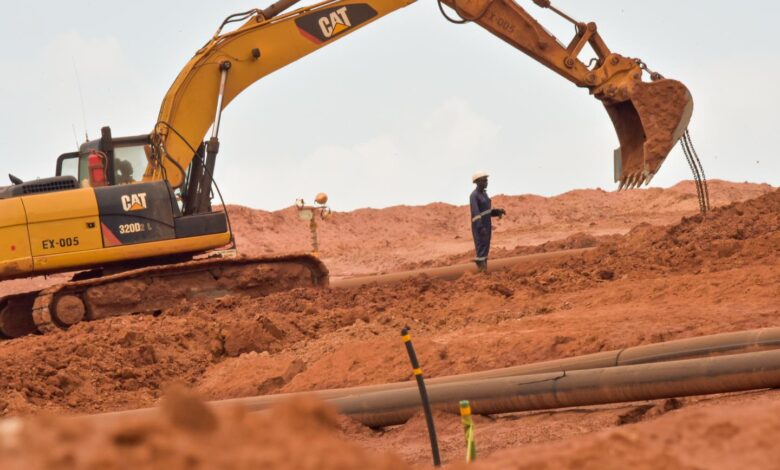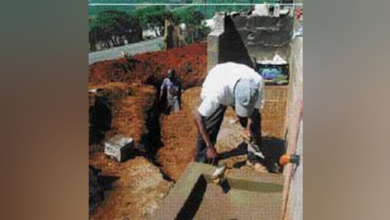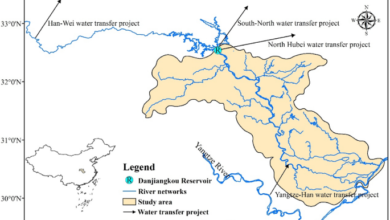Environmental Governance for Sustainable Natural Resource Management

Background
The management of the environmental impact of extractive industries is one of the most critical challenges facing resource-dependent developing countries in their efforts to advance more sustainable social, environmental and economic development goals. Growth of these industries can bring resources to finance social and economic development; however, too often have extractive industries delivered as much damage as they have opportunities and benefits to resource-rich developing countries. The exploitation of oil, gas and minerals is associated with environmental degradation, conflict, corruption and human rights violations, often disproportionately affected indigenous peoples and women.
But the negative impacts of resource extraction are not inevitable. Development of extractive industries can bring much-needed resources to finance infrastructure, education and health, generate jobs and raise incomes and spread wealth beyond the usual capitals. A number of countries have managed their extractive industries successfully in recent decades, diversifying their economies, managing governance deficits and conflicts, and investing in human development and infrastructure for the betterment of the people and the nation at large. As Kenya undergoes political, economic and social transition underpinned by a progressive Constitution, it has great opportunity to learn from mistakes of others, harnessing the benefits and avoiding the resource curse and negative impacts of extractive industries. The Government of Kenya recognises this priority and has included responsible governance of the extractive sector as a key priority in Kenya’s Vision 2030 and the Mid Term Plan II (MTP2), to which UNDP Kenya is closely aligned.
Project objectives
This global UNDP and SIDA programme responds to these challenges by strengthening the environmental, gender, human rights and rule of law-dimensions of the public adminsitration of large-scale extractives sectors. Ground in a human rights-based approach, the project provides support to civil society actors as well as institutions to advance change on both the demand and supply sides of the development equation. Working in collaboration with ministries of environment, mining, planning and finance, as well as civil society and other public and private stakeholders, the programme provides support to 4 target countries: Colombia, Kenya, Mongolia and Mozambique.
Building on more than four decades of work with marginalized communities in the Arid and Semi Arid Lands (ASALs) of Kenya which constitute almost 80% of the country (these are now the newly discovered resource rich areas as well), UNDP Kenya is well-positioned and networked with local communities to scale up the governance of the extractive sector for the benefit of the people of Kenya. The Country Office is well-established in terms of its work in the conflict prevention, conflict and dialogue mediation at community level and overall support to the National Reconciliation Agenda and enabling rural community’s access their rights under the new constitution. UNDP is experienced in leading integrated and multi-sectoral interventions to ensure Kenya’s natural endowments become a source for inclusive and equitable sustainable human development, rather than a curse as is the case for so many African resource rich countries.


